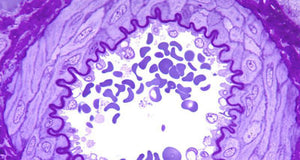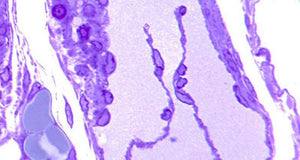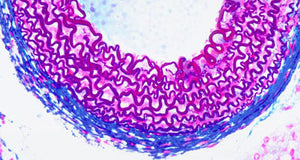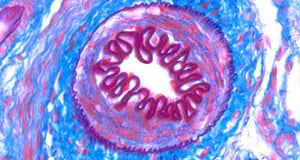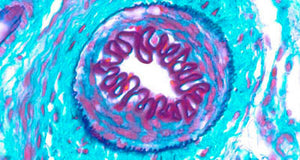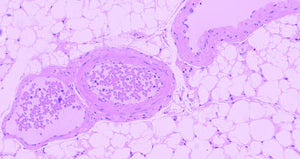TRANSIL Plasma Protein Binding Assays
TRANSIL Plasma Protein Binding Assays
Assessing plasma protein binding is important because only the unbound fraction (fu) of a drug can penetrate cell membranes. Thus, only a drug’s unbound fraction is responsible for its pharmacological effect. At the same time, it is only the unbound fraction upon which metabolizing enzymes in the liver and filtration in the kidneys act, thus plasma binding reduces clearance and increases a drug’s half-life.
Many drugs, especially lipophilic compounds, bind to circulating plasma proteins, such as human serum albumin (HSA), α1-acid glycoprotein (AGP), globulins, and lipoproteins (see Box 1). Among these proteins, HSA and AGP are the most important for the reduction of the exposure to xenobiotics because of their ability to bind a large array of structurally unrelated drugs in distinct binding sites.
9 Reasons to Work with Transil Assay Kits to assess Plasma Protein Binding
The Transil 96 well plasma protein binding assay kits are matrix free since the binding proteins are immobilized on beads (Figure 1). This allows:
- Rapid binding detection (no more than 12 minutes incubation time)
- Fast downstream analytical processes (no separation required)
- Unbiased estimates as there will be no ion suppression in LCMS/MS/MS
All assay kits are designed for strong quality control:
- Control of population and disease state dependent plasma composition through KD estimation
- Stable pH environment prevents measurement errors as frequently seen in dialysis
- Internal quality control measures in the assay system confirm validity of data without further experiments
All assay kits are ready-to-use:
- Minimal labor requirements (just add test items and incubate)
- Fully automatable

